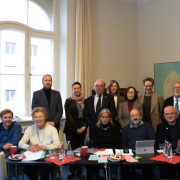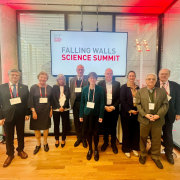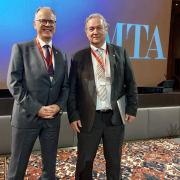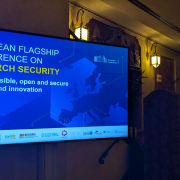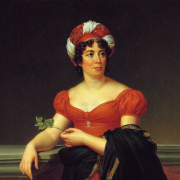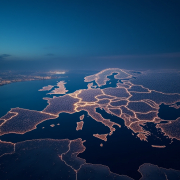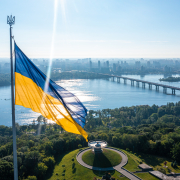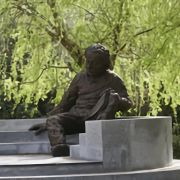The ALLEA Science-Policy Standing Committee Holds Its Inaugural Meeting in Berlin
On 24 November 2025, the ALLEA Science-Policy Standing Committee (SC) held its inaugural meeting at the Berlin-Brandenburg Academy of Sciences, marking an important step in strengthening ALLEA’s science-policy engagement and fostering collaboration among Europe’s leading academies.
The Committee is ALLEA’s central body guiding engagement in science-policy matters. Established to respond to the dynamically changing European research and innovation landscape, the Committee ensures that ALLEA’s activities remain timely, transparent, and strategically aligned with its mission to foster a scientific culture of inclusivity, responsibility, sustainability, and quality while delivering science-based solutions to the pressing challenges of our time for the benefit of society, therewith reinforcing Europe’s leadership in research and innovation.
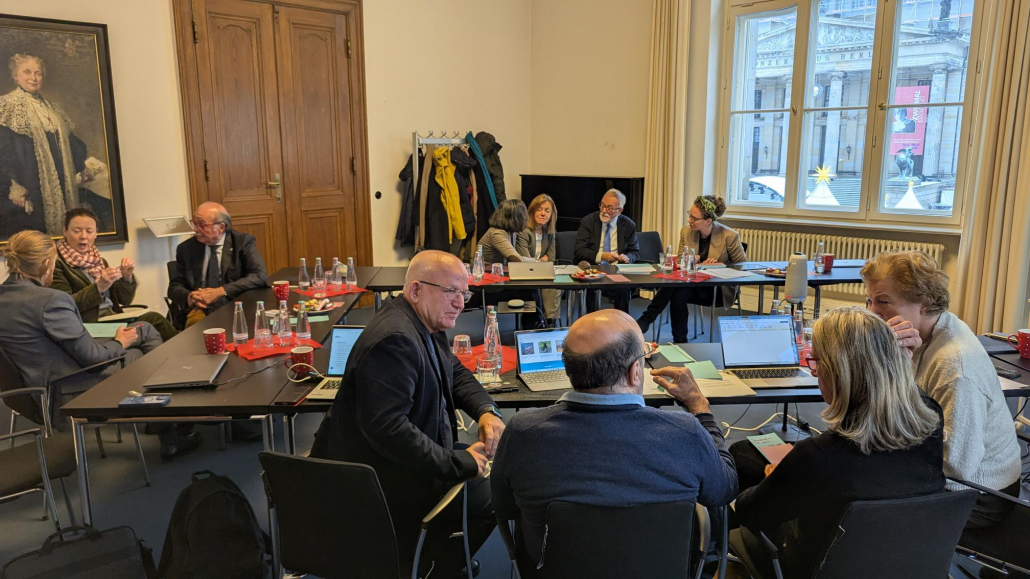
The Committee brings together leading experts from across Europe to provide a platform for identifying and addressing key challenges at the interface of science, policy, and society. By coordinating ALLEA’s science-policy work and shaping the development of dedicated Task Forces, the SC strengthens the collective voice of the academies in European research policy debates.
Chaired by Prof. Godelieve Laureys (President of the Royal Flemish Academy of Belgium for Science and the Arts, KVAB), the inaugural meeting focused on defining the purpose and tasks of the Science-Policy Standing Committee. Participants engaged in breakout group discussions exploring questions such as how to coordinate and monitor Task Forces effectively and how to enhance multilateral cooperation among member academies in a functional and goal-oriented way. They also discussed current ALLEA activities and explored priority areas for European academies over the next three years.
For more information on the Committee and its composition, please click here.

